Dig Deeper
Chapter Seven
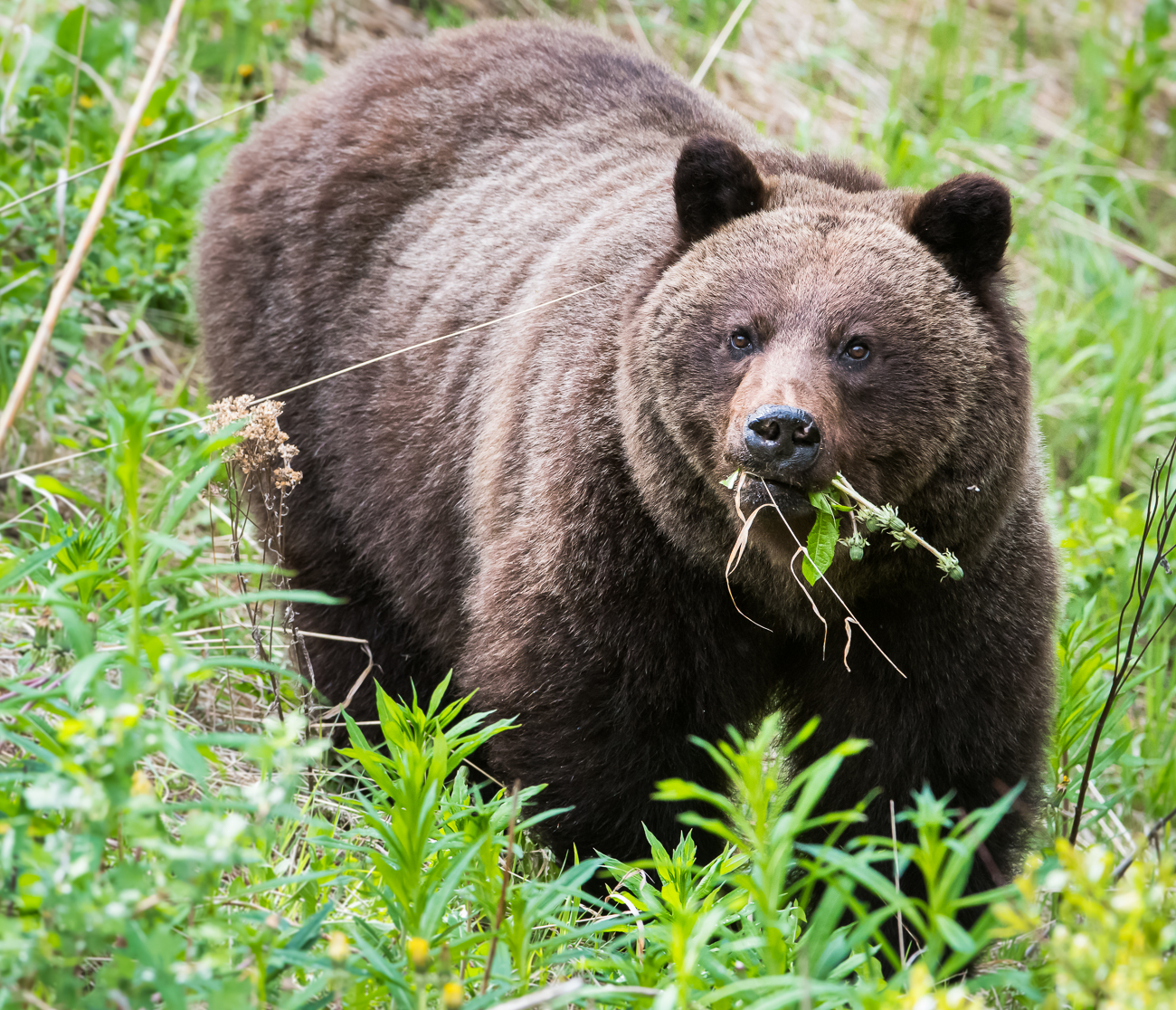
“Grizzly bears benefit from forestry.”
That’s a fact and so is this:
“Degraded habitat is the major risk to grizzly bears”
But wait! Those two statements contradict each other. Both statements can’t be true and factual, right?
Wrong!
Welcome to the 21st Century, where fact is a funhouse mirror, minus the fun.
Which isn’t to say the definition of fact has changed.
“There are things that are…true or false and there are things that come more from a moral or values-based way of thinking.” – Maggie MacDonald
“So you’ve got on the one side, you’ve got editorials, which have opinions. On the other side, you’ve got news stories, which should be absolutely straight down the middle.” – Clive Jackson
“There is a danger of narratives being perceived as journalism, or as truth.” – Garrick Ng
“The numbers are the numbers. The data is the data. You may hate the data, the data may depress the hell out of you based on your own perspective or your bias. The data may just make you want to cry, but it is what it is.” – Shachi Kurl
That’s all true, it’s just that “The bottom line I think, is there are multiple truths or multiple ways of seeing the world and what you believe is important.”
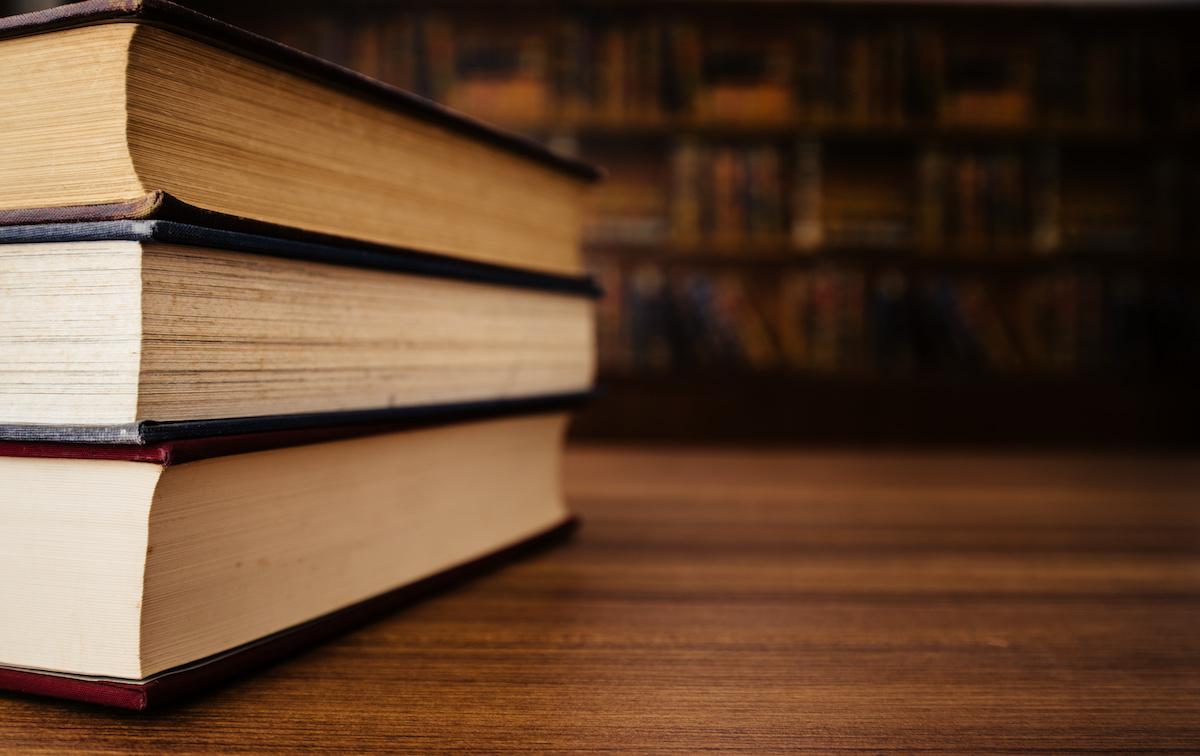
Precisely, biologist Shelley Alexander. And when there are multiple truths, as scientist Isabella O’Brien points out, “People select the one study that they think is going to prove their point. You have to look at…a variety of studies today.”
Once upon a time, journalism did that for us, because, as Global National anchor Dawna Friesen says, “I don’t think that people should feel that it’s such a burden to try to find accurate information that you almost go, ‘I don’t know where to find it. I’m gonna give up’. What we try to do is take that burden away.”
And though that might be the goal, as political science professor Will Greaves adds, “we have a major problem right now in terms of our baseline for what is accurate and what is perceived as accurate. This is directly related to the fragmentation of the media landscape. People do retreat into their own media bubbles, and they do consume media which only confirms their own prior biases, which…we are able now to more or less shut out media that we don’t want to hear. It doesn’t conform to what we already believe.”
As a result, we all assume our truth is the only truth or the most righteous truth. Or, as storyteller Garrick Ng says, “no one trusts anything.”
As Kerrie Blaise explains, “When you don’t have trust, you have decisions being made with the view that they are advancing one position over another and there hasn’t been a fair and open debate.”
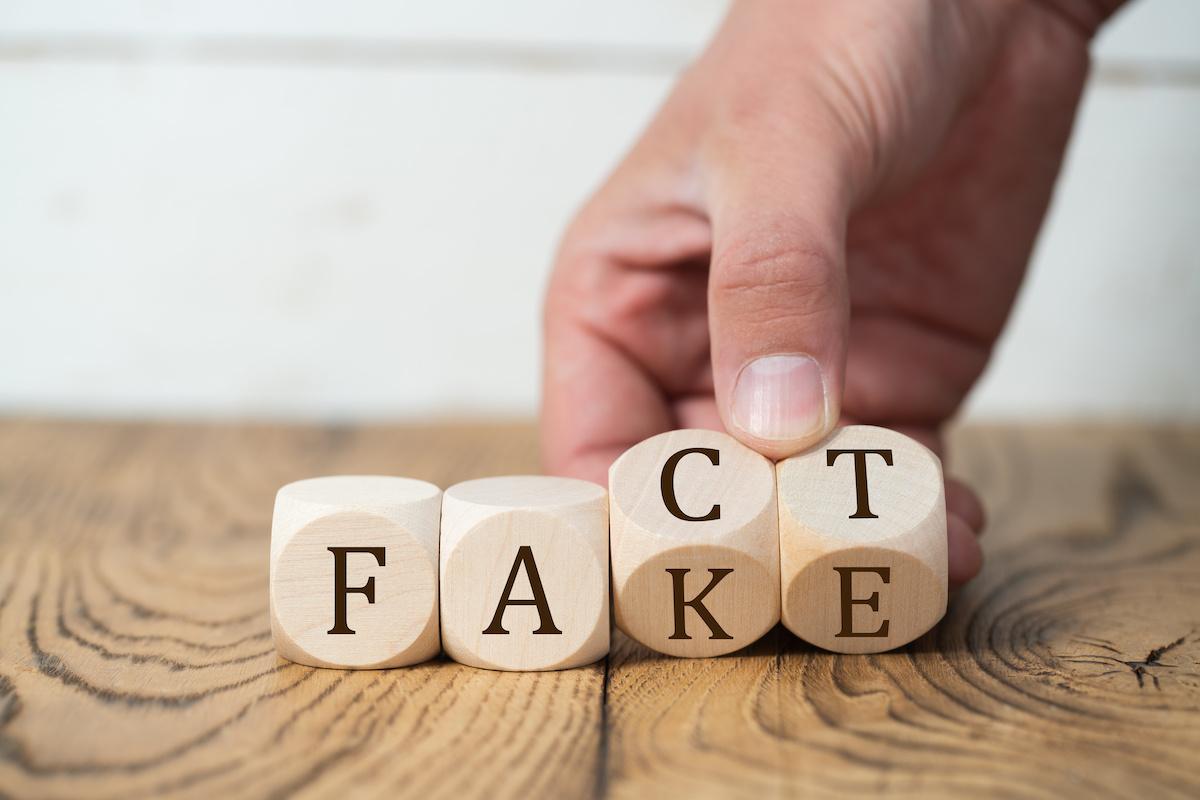
The consequence, of course, is the feeling that fact has been manipulated and, as Isabella O’Brien argues, “That’s very dangerous, right? Because if you start to say that things that are factual truths, that you say that’s not true, then you start moving into this area where you can just say that anything is whatever.”
It’s both dangerous and, now, a reality.
“We see it in culture, we see it in politics of truths just being diminished, both in our trust of what we hear from even the highest authorities, to these behind the scenes ‘End Games’ of manipulation through social accounts and influencers that are real or not real. So there’s a whole ecosystem of manipulation that at a broader level is challenging for society.”
Garrick’s right and that means, to find the truth – to understand the truth?
“You have to accept that not everything you’re going to read is true and that you’re going to have to work a little bit harder to find the truth.” – Isabella O’Brien
“So how do you now start to find the truth and I think it comes back to us as individuals; we have to have a commitment to try and find where the truth is. And it’s always shifting because any knowledge has a half life, as we discover new things, so we have to be committed to constantly looking for new perspectives and new understandings.” – Stu McNish

“I think we are encouraged to think critically, every day we go up, we shop for an item at the store, we think, ‘is this item, a good product? Is this going to live up to its promise from the marketer?’ We do that every day so I know the curiosity, I know that critical thinking exists in every one of us.” – Mark Miller
“Particularly when you’re young. Kids are really curious. As you get older, you just start to kind of accept that things are the way they are.” – Isabella O’Brien
“Well, I gotta get the kids to school. I gotta pay the mortgage and my boss is mad at me…ect…and if it’s not presented in a way that’s really easy for me to understand, I don’t have the time to figure it out.” – Stu McNish
“Because it can be really overwhelming, critically thinking all the time and asking questions all the time. And there’s so many ways we can escape that now.” – Niki Wilson
“Critical thinking to me is…intentionally thinking – ‘where do we get my information from?’” – Donna Kennedy Glans
“You should get your news and your information from more than one source.” – Sandra Odendahl
“If you keep moving that zone of proximal development, you’re going to continue to grow. If you stop doing that, then you’re not going to continue to be your own editor.” – Stun McNish
So, we can be our own editor – we can be critical thinkers – but we have to commit to doing so and know how to do so.
“You need to be able to check your own biases at the door and say we are open to asking anything under the sun. We are open to asking really pointed questions, because without doing that, how are you going to understand where your country where your neighbors where your society is?”
Indeed, Shachi Kurl. That’s what’s required of non-partisan pollsters, journalists, scientists and indeed anyone trying to be their own editor; trying to uncover and present the truth. After all, even if one source is stating truth, every fact has been uncovered by a question and questions start with people. And here’s the thing about people:
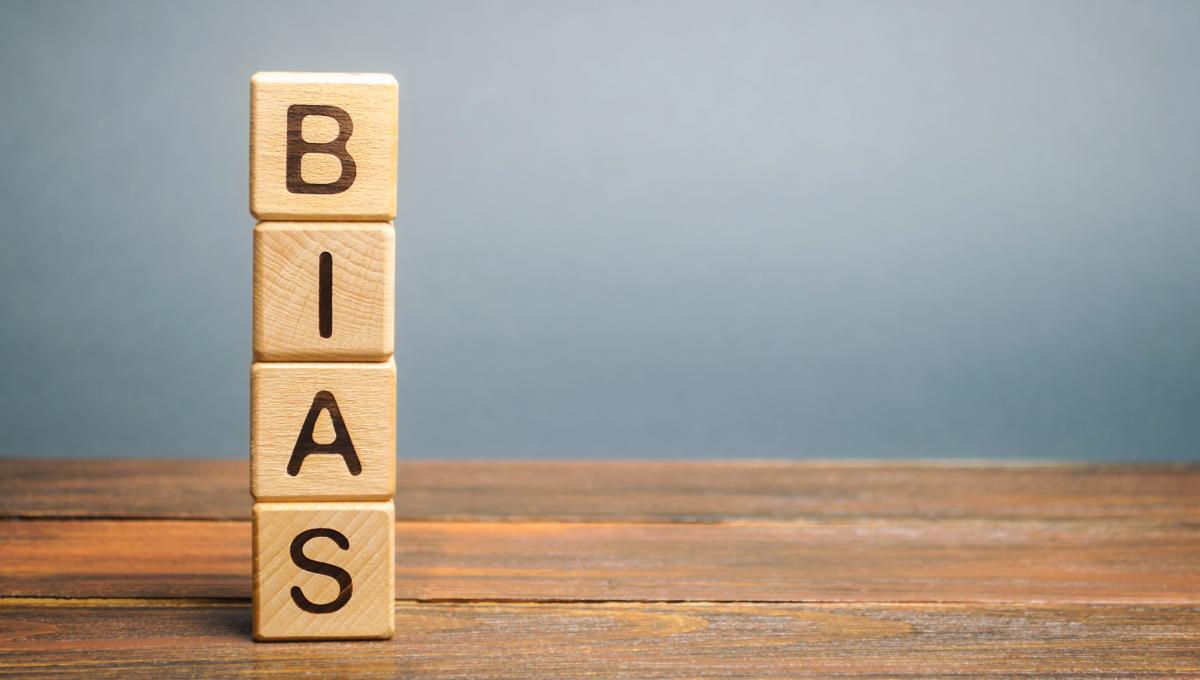
“Everyone has a perspective. The idea of, ‘oh I don’t have bias’, everyone has personal bias. Everyone is born with an innate personal bias.”
Bias seems like a dirty word. It’s something we want to pretend we don’t have. But in reality, as social innovator Marie-Eve Marchant reminds us, “we all wear own glasses and some people wear more pink and some are more blue and we all wear those glasses in our life. And we all work with the narratives in the back of our mind that we don’t even know because they’re unconscious and they’re from growing up, from the place where we grew up, from the families, from the trauma that came in, where we grew up, how we were raised. We all grew up with those.”
In other words, bias isn’t necessarily evil, according to former cabinet minister Donna Kennedy-Glans.
“There is no one who doesn’t have bias. We all have bias and that’s okay. Unless you’re racist – and that’s a question for certain leaders – we all carry biases around with us, it’s just in our nature.”
But bias does become a problem when we forget we have it – or try to pretend we don’t have any. That’s because bias doesn’t just shape our worldview, it also colours how we judge fact – even how we search for truth, as biologist Shelley Alexander explains.
“That is your filter, right? You use your intuition to understand what’s being presented in front of you.”
Think about it this way:
Let’s say you’re from a rural, resource-based community and your family’s livelihood is in jeopardy because a new environmental policy might change the local economy. Yeah, your view of fact will likely be skewed by your opinions and your fears. And fair enough!
Conversely, if you’re from an urban centre and find your grocery shelves empty because your city is cut-off from the country due to a catastrophic natural disaster? You, in turn, might view fact through a different lens than your peer in the rural community. Also fair!
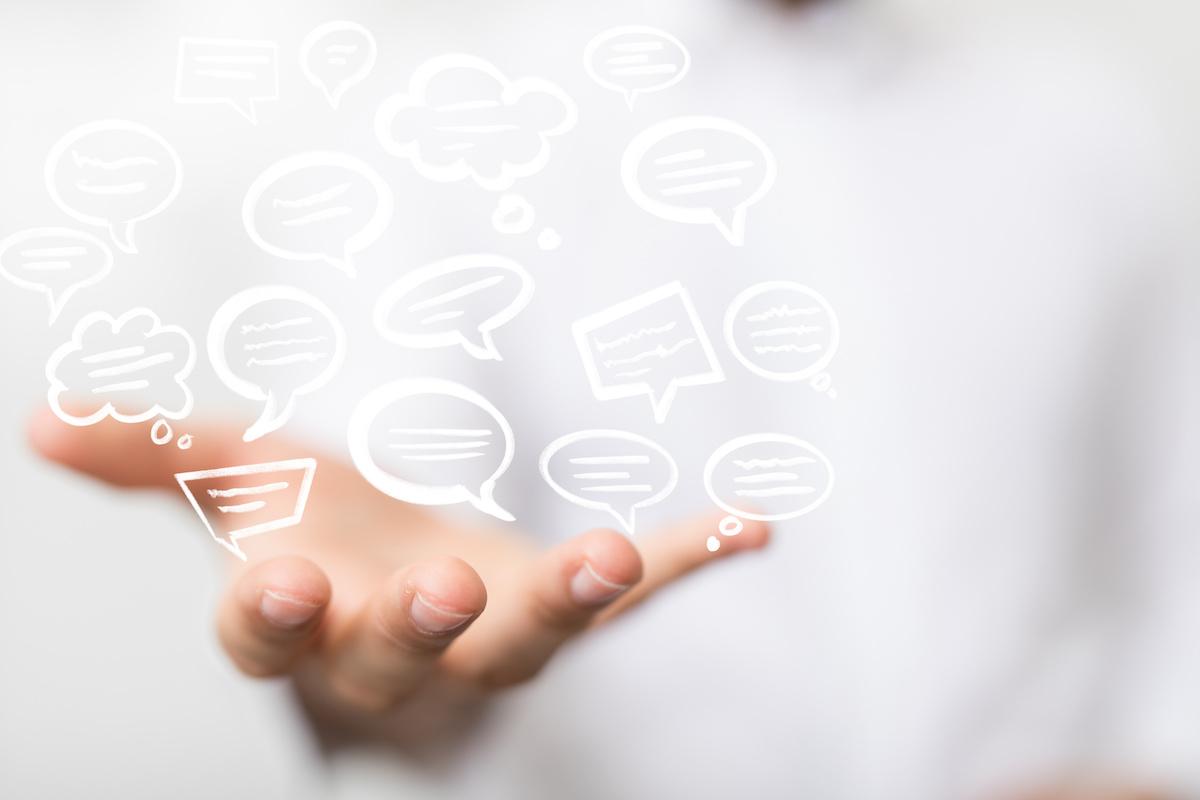
But here’s the problem: When we only see the world through our worldview, we get an incomplete picture – we lose the bigger picture; we even can lose perspective on what’s real and what isn’t. That’s why our former prime minister says it’s critical “to listen to other people and understanding how important cognitive diversity is in avoiding all the cognitive biases of group think and confirmation bias and all those things that lead us down the garden path when we have important decisions to make.” – Rt. Hn. Kim Campbell
After all, as producer Mark Miller points out, groupthink, cognitive bias confirmation, echo chambers – whatever you want to call it – “probably the result of critical thinking within a small group that’s somehow ring-fenced it doesn’t get beyond…the moat of their echo chamber.”
Which raises a bigger problem: Often we assume we’re being critical thinkers, but are only thinking critically within our own worldview.
“I think that’s a challenge, for sure. And I think what’s interesting is – we have to be really careful about how we construct the challenge we think we’re addressing in the first place.”
Good point Jane Thompson. Given that people ask the questions that seek to uncover the truth – in science, in policymaking, in journalism, in life – and given that people have inherent bias, might personal bias skew a how a question is asked and, in turn, change alter the outcome?
“I would say definitely.” – Andria Dawson
“100%.” – Sandra Odendahl
How so?
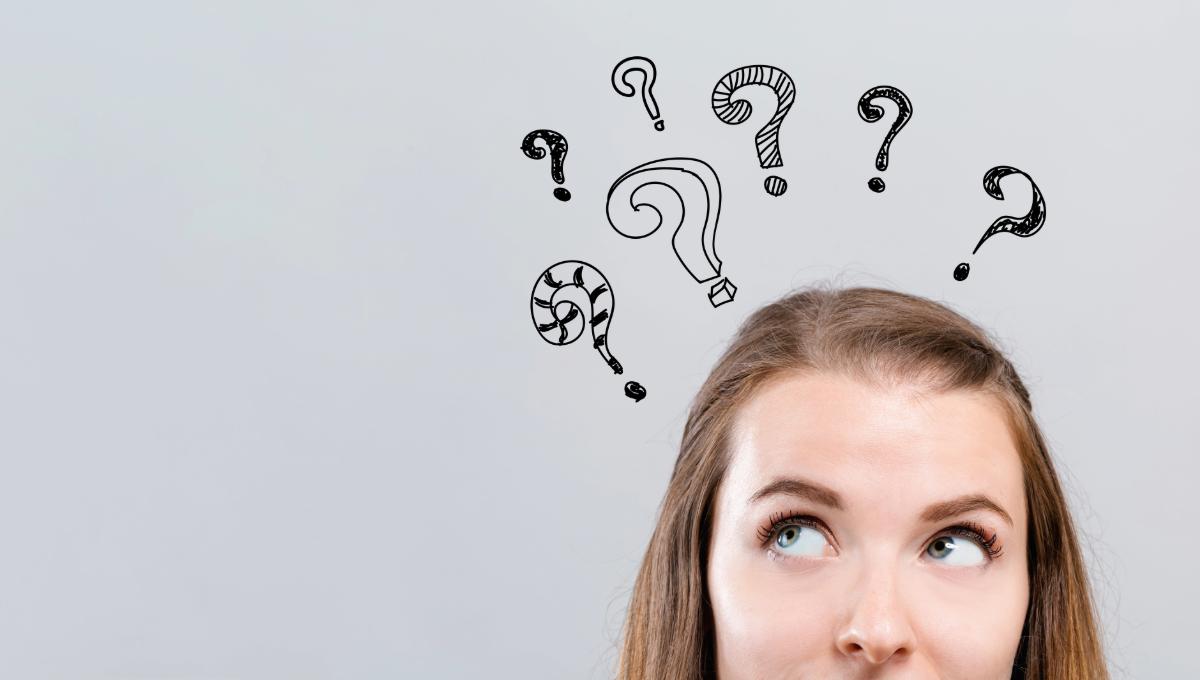
“If you only examine a small question, you’re probably missing other factors that could relate to the issue. By limiting what you examine, that’ll change the outcome a little bit.”
Interesting, Isabella O’Brien. In other words, if a question includes too much context – or too little – the answer won’t be a full or as truthful as it could be. Which isn’t to say truth-seekers across society are purposefully skewing questions to get the answers they want to hear, but as scientist Larissa Vingilis-Jaremko points out, “I think that there’s less explicit bias, but I think that there’s still a lot of implicit bias.”
Biased or skewed questions might also explain why two parties argue for very different perspectives on the same issue, while claiming their position is grounded in fact, backed-up by the ‘best available science.’
In all cases, the science is still factual, but it might not be the complete story.
“We base our management principles off the best available science, but there’s a lot of discussion about what that is.” – Laura Kennedy
“It’s extremely confusing.” – Isabella O’Brien
And it’s confusing, often, because the context included or excluded in the initial inquiry might have produced two very different answers, supporting two very different perspectives, on the same issue.
And I emphasize this: might.
Which bring us to the biggest problem: As lawyer Kerrie Blaise explains, bias isn’t always real; it’s also perceived.
“Whether it’s real or perceived bias still that can implicate the decision they’re making, and the trust in that decision.”

What Kerrie means is that segments of our population – on both sides of the political divide – will lack trust in a scientific report or a news story or a government decision if the advocate or business or decisionmaker behind it has a perceived bias. We assume that bias has manipulated or predetermined the outcome of the report or story or decision, so we don’t believe it to be fair or truthful.
“You have to look at what drives that decision maker. If it’s a government body, what is their mandate and what are they after? So they will find the science that fits their objective.”
That might be fair. That might be true. Perception might be reality. It’s why Kerrie advises “you look for certain party expertise. So you look at who funded them [and] where are they affiliated?”
One problem. Doesn’t that argument seem similar to this argument, made by former Trans-Canada Pipelines CEO Hal Kvisle?
“Consulting the experts, accessing the best available science and being really serious about it, not just hearing what you want to hear, but being open minded and willing to listen to what the real experts say.”
Basically, it is the same argument.
Two sides of one debate are using similar arguments to call into question the validity of the other side’s facts. And, in theory, neither are wrong to do so, as pollster Shachi Kurl points out.
“The folks selling the pickup trucks are always going to tell their customers that the hybrid electric vehicles are completely unreliable and never buy them. The people selling the hybrid electric vehicles are like, pickup trucks are the worst thing on earth. Never buy those. You need someone in that industry who can actually say, ‘Well, we talked to everyone, we’re not being backed by one person or another. We’re not being unduly influenced by a political party, a political movement a client, [or] a paying customer’.”
In other words, every debate needs that impartial third party to weigh and judge all of the facts against one another to really determine the full truth. But Kerrie and Hal were each arguing the other needs to listen to third-party fact-finders, like a Shachi. The problem is, very often we can’t all agree on which third-party fact-finder is impartial. Why? Because even third-party experts need to be paid and that means, if we look really, really hard, we can perceive how every report, every story, every decision generated or backed-up by an any expert might be influenced by bias.
Do you see where I’m going here? It’s a slippery slope. If everyone is on the take – if everything is manipulated or spun to advance a predetermined agenda – suddenly nothing is real, nothing is fair, nothing is trustworthy.

Because we think we know who to believe, based on our bias, we often do think one set of facts in any given argument is the truth – and decry the other set of facts as fake news.
And we might be right. We also might be wrong, because even when we assume something is biased, it doesn’t mean it actually is biased.
A study funded or reported by a special interest group might manipulate facts to justify a certain argument or rally support behind their cause.
“I’m aware of the huge resources that have been put into throwing dust in people’s eyes, convincing people that science isn’t certain when it is.” – Rt. Hn. Kim Campbell
“What’s troubling is when you get manipulated by people who want to polarize the debate – they’re shysters – that’s a game. It’s been going on for a long time, but it’s our ability to understand how the game of marketing and advertising and influence…how it’s being played now, especially in social media, and how you are being manipulated.” – Donna Kennedy Glans
A special interest group might present accurate information as part of their argument, but might not tell the whole story, as pollster Shachi Kurl tells us.
“So it’s like Sherlock Holmes. It’s very much like – it’s as much about the dog that isn’t barking. Maybe we won’t look at this issue. Maybe we won’t speak to this issue. And what we’re able to do as a nonpartisan, not for profit institute, is the dog can bark as much as it wants and it can it can bark about anything that it wants without worrying about ticking off potential paying clients who would then sort of create a chilling effect.”
And maybe one side of a debate is more guilty of spin or maybe both are, as biologist Shelley Alexander illustrates.
“We’re always supposed to couch things in terms of uncertainty, and so it leaves room for interpretation. And it leaves scientists open to attack from the people who say that people who do conservation just cherry pick the facts they want. That’s the reality. On the other side, people are also cherry picking facts.”
Or even if – and here’s the kicker – the fact-finder has a real or perceived bias, the facts they present? They just might be the truth, argues Sandra Nelson.
“I am a registered professional biologist. I have a responsibility to the resource. It’s written into our code of ethics. I take that very seriously.”

Let me put it this way: If a media outlet’s editorial slant – or opinions – lean one way or the other, we often assume everyone working for that outlet shares the same worldview or ideology and skews facts to justify that perspective. But that’s rarely the case.
And maybe some organizations no longer deserve the benefit of the doubt, having had their fact-checking process called into question too often, but we’re so convinced everyone is trying to manipulate us that we don’t give anyone the benefit of the doubt.
See? The perception of bias and manipulation is a major reason why we have a fact problem in the 21st Century.
But, to recap, it’s also because we can no longer can agree on a common set of facts. And it’s also because the questions we ask, inclusive of our biases, might lead to biased answers. And, finally, how we judge bias in competing facts will often be determined by our biases.
So! If we can’t trust ourselves and we don’t trust each other, who should we trust? How do we uncover the whole truth and nothing but the truth? Well, maybe this is a good place to start:
“I’d say it’s, it’s good to be skeptical. You shouldn’t be skeptical. You should be skeptical of all levels of authority in government. Whether that’s international, national or local, but don’t be cynical.” – Dr. David Cooper
“It’s that ability to question, that I think needs to come early. It’s the hardest thing to acquire and it can take a long time. But if you can be, not a cynic, but a skeptic and really try to understand what someone’s motivations are and why they’re arguing the point they’re arguing. You start to understand the big picture of what’s happening and how decisions are being made.” – Cyril Komos
Exactly: Be skeptical, not cynical. Not everything is a conspiracy theory. In fact, despite what 25% of our population thinks, very little of what we see is a conspiracy.
Why?
Well, for starters, conspiracies are hard!
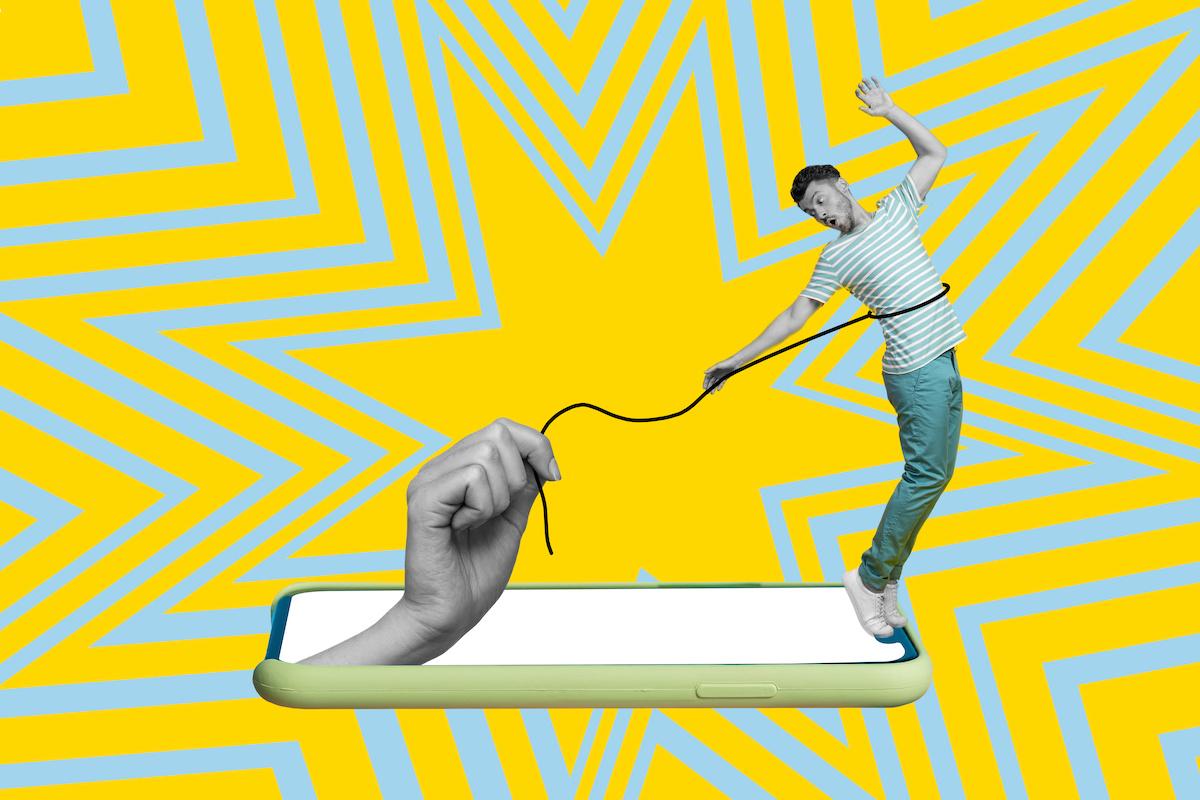
Hiding the truth is hard, especially in the age of social media accountability.
Whether we’ve seen too many re-runs of 24 or not, the reality is most people act in good faith. And, yes, that goes for this person (Chloe) and this person (Louis-Rene). And this person (Hal) and this person (Harvey). This person (Neil) and this person (Shelley). And this person (Mike) and this person (Sam)!
What I’m trying to say is most people have good intentions, even if we don’t think someone’s intentions are good; even if we assume someone’s intent is to mislead us.
Advocates for the economy or the environment or social justice or democracy don’t do what they do because it’s fun. Advocacy isn’t fun for most people. Advocacy is hard work.
Advocates exist because they see a problem and feel a moral responsibility to act. That’s a good thing! We need to hear different sets of facts – different interpretations of fact – to challenge our thinking and our assumptions and, yes, our biases.
But it also makes our job as citizens just a bit harder.